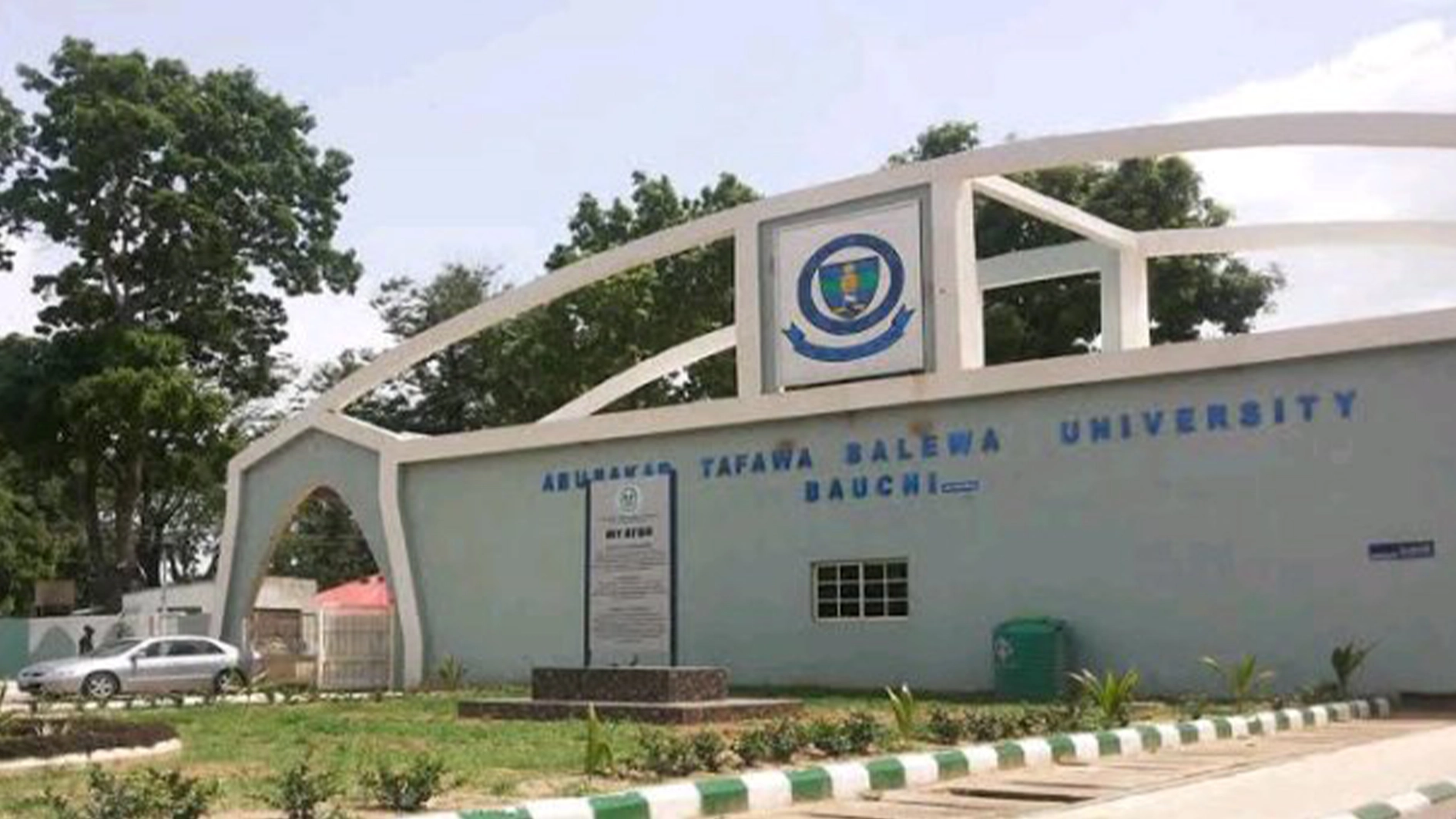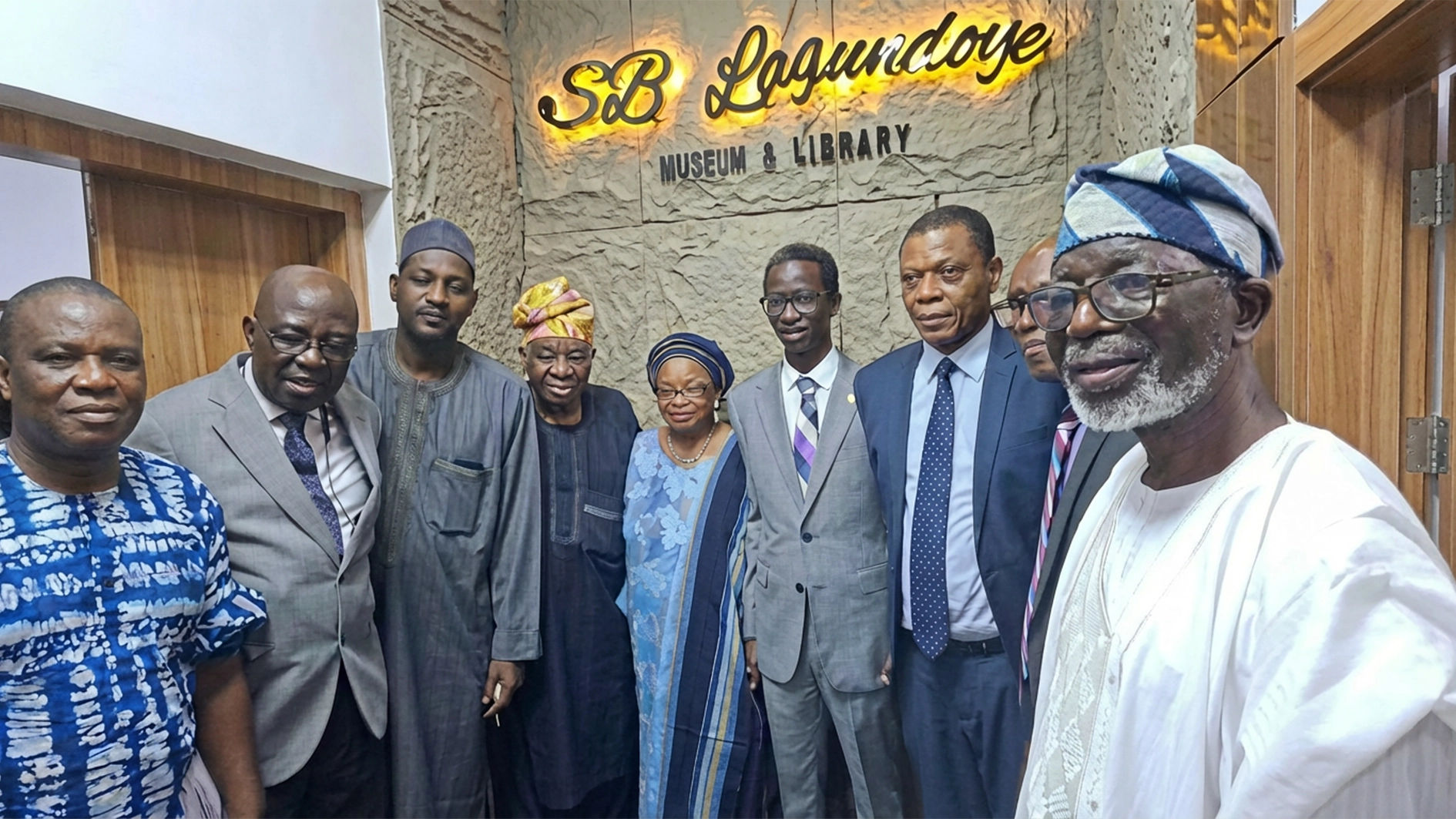
On a Tuesday morning in Duguri, 177km from the Bauchi metropolis, Rabiu Muhammad was sitting on a single old rattan chair, supporting one of his legs with a log.
His leg was wrapped with a piece of stinky Ankara cloth, beneath which was a bandage soaked with blood stains.
The 16-year-old boy was fiddling with a finger on his chin, looking absentmindedly at students rushing to meet their classes. He was doing this while using his left hand to chase flies away from an injury on his leg.
Muhammad had missed four out of 12 weeks in a term. Not by his wish—it was on his school premises on September 11, 2024, that he had a close shave with death.
On a Wednesday morning at Government Day Secondary School, Duguri, he had gone out looking for an alternative place to defecate during school hours since the school toilet was not in good condition.
“I didn’t know when a green snake attacked my leg. I started feeling unconscious and terrified,” Muhammad recounted.
Muhammad nearly lost his life in pursuit of education. “I cannot specifically mention whether those who rushed me to the Snakebite Clinic had run out of anti-venom injections.
“It was about 11 a.m. on a Wednesday in the school premises. I went to a nearby tree to ease myself. I noticed a pinch on my right leg.
I saw a green snake trying to escape, then I shouted for help. My friends rushed to kill the snake while I was rushed to the clinic.
Before reaching the hospital, I was soaked in sweat.
“I have seen many people bitten by snakes, but that was my first experience, and I am not praying for a repeat. In this community, some have lost their lives to snakebites, but I thank God for my life.”
Learners in many schools in Bauchi State have to contend with water, sanitation, and hygiene challenges, while both teachers and students resort to open defecation, which takes away their dignity and poses health risks to society.
In Bauchi State schools, students and school administrators, regardless of gender, lack water, sanitation, and hygiene facilities.
This hinders the teaching and learning process.
The lack of these facilities or the presence of non-functional systems is said to be a contributing factor to school dropouts among adolescent girls during their menstrual cycles.
The lack of water and toilets, particularly in Bauchi, poses insecurity to both girls and boys in school.
Visits to Gyamzo Central Primary School, Toro; General Hassan Unity School, Yelwa, in the Bauchi metropolis; and Government Day Secondary School (Boys), Azare, revealed that students engage in open defecation due to a lack of functional toilets and water.
This practice fuels cholera and other waterborne diseases and puts the state at the epicentre.
A school that houses students from the 19 northern states for exchange, General Hassan Unity School, does not have a dignified toilet for students. The few available toilets were locked and reserved for school administrators while boarding students had to head to alternative busy places within the premises to defecate.
One of the healthcare workers at the Snakebite Clinic, Duguri, Sagir, said that Rabiu Muhammad was rushed in from school, admitted for treatment, and returned home after some days.
According to the most recent WASHNORM 2021 report, jointly compiled by the Federal Ministry of Water Resources, the World Bank, the National Bureau of Statistics (NBS), and the United Nations Children’s Fund (UNICEF), the “proportion of schools with basic gender-sensitive sanitation and hygiene services (i.e., schools with usable improved toilet/latrines with separate blocks for males and females, available at all times during school days, and facilities for handwashing and menstrual hygiene management)” stood at 1.7 per cent.
Similarly, the proportion of schools with basic sanitation services (improved sanitation facilities at the school that are single-sex and usable at the time of the survey) was 46.2 per cent.
Barrister Elizabeth George, a gender advocate and founder of ‘Child Is Gold’, believed that apart from the funding gap, most schools in the state do not have gender-friendly learning spaces that could encourage women to go to school.
She said, “I know some schools, basically, where girls, during their cycle, cannot go to school because, even though we have NGOs and organisations that support free sanitary pads and reusable pads, and now those girls are beginning to have access, they don’t really have that much. But they are beginning to have access to sanitary pads.”
George, whose organisation works in the communities, believed that the absence of gender-friendly toilets where girls could change their pads during school hours called for concern.
She stressed, “That’s one. There is no basic water where they can wash when they are stained. And even the menstrual pad—there are no toilets where they could have a pad kept there, or a pad bank, where, in case of emergency, they can easily go and withdraw one and then use it.
“All of these things affect women because these are natural phenomena. I’m talking about natural things that affect women. It comes from God. For some, it’s five days. Some, one week. Some, even two weeks, and it’s natural. Yes, we also have seven days, and then the girl is flowing, and if she doesn’t have these basic amenities, how do you want her to go to school?
“Do you want her to wet herself or have her body stained, and then the boys, who probably do not have orientation on menstrual issues, mock her, making her feel small and intimidated? So, there are a lot of gaps. And even when schools do have toilets, are the toilets gender-friendly?”
She advocated for a state of emergency to be declared in schools and public toilets to save the public from avoidable sickness.
Habib Mohammed, the acting General Manager of the Bauchi State Rural Water Supply and Sanitation Agency (RUWASSA), claimed that his agency, following the WASHNORM data, had provided 1,277 pit latrines and VIP toilets to various schools.
He further stated that RUWASSA also provided 1,408 water facilities to schools in rural areas.
Meanwhile, the intervention seems insignificant and paradoxical to the data revealed by WASHNORM.
The Bauchi State Government needs to formulate an effective Education Sector Plan that will be gender-sensitive enough to address the challenges that are bringing the schools to their knees. The state could do this in partnership with several non-governmental organizations that are gender-focused, like the Malala Fund, ImpactHouse, and many others.






